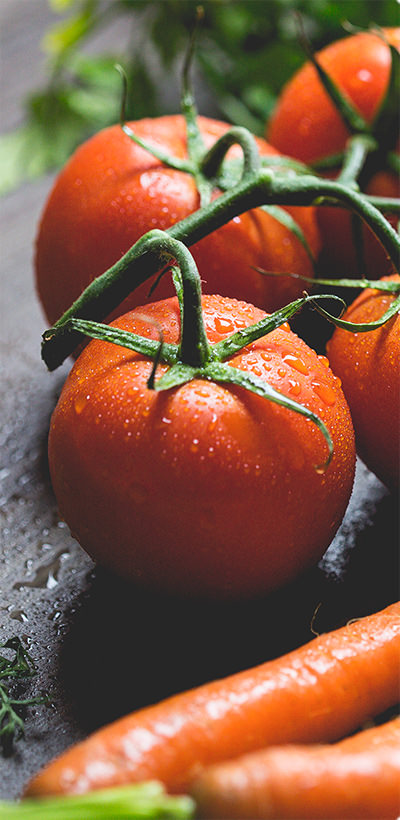Sunburst Summer Squash
Yellow Patty pan. Sunburst is a hybrid patty pan type squash in bright yellow colour with a dark green sunburst pattern on both blossom and stem ends. This space-saving bush-type plant will produce tasty baby or full-sized fruit in as little as 45-55 days. Interior flesh is creamy white and tender with a mild, buttery flavour. Perfect for summer kabobs, vegetable medleys or stir-fries. AAS Winner. Matures in 45-55 days. Approx. 20 seeds/pkg.
Scroll down for more details and growing information.

Details
Growing Information
Planting:
Plant after all danger of frost has past or when the soil has warmed to 21-27 degrees C as seed will not germinate in cool soil. Can be started indoors 3-4 weeks ahead of last frost date. Sow 1 seed into jiffy pots, and transplant out after all risk of frost has passed. For early direct plantings, use floating row covers to raise soil temperature, increase early growth and protect tender plants from wind injury. Sow summer squash 1 inch deep, 6 inches apart, thinning to 12 inches apart in rows 36-48 inches apart. Sow winter or vining squash similarly, using a spacing of 24-36 inches between plants with 48-60 inches row spacing.
Growing:
Full sun and soil pH of 5.5-6.5. Moderate feeders; mix plenty of organic matter into soil as squash prefers a rich loamy soil of good fertility and moisture retention. Even and sufficient soil moisture is essential. Benefits from mild feedings with a fertilizer high in phosphorous to initiate fruit formation.
Harvest:
Harvest summer squash when they are 4-8 inches long and when their skin is still shiny. Winter squash can be cut later in the summer or early fall before frost, or when the skin is hard enough so that you cannot cut it with your finger nail. Simply cut from the vine leaving 4-6 inches of stem attached to the fruit. Store in a cool, dry area.
Pests & Diseases:
Striped and spotted cucumber beetles can be controlled with Rotenone or Trounce. Powdery mildew can be prevented by using a sulfur or copper fungicide during humid, damp weather. Poor fruit setting in cold weather can influence fruit set and rainy periods often hamper pollinating insects.
Companions:
Celery, corn, onion, radish.



